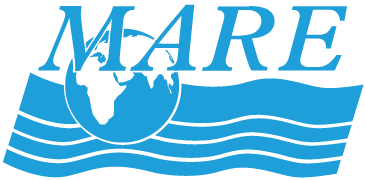Session 5. Three-Dimensional Learning and Energy and Matter
In this session, participants examine their understanding of how the ocean and atmosphere are interconnected. They write their initial ideas, and are then presented with a puzzling weather phenomenon. As they apply their understanding of science concepts about ocean and air currents, participants explain the phenomenon. As an optional activity, participants move from observing a local weather pattern to looking for patterns in global atmospheric and oceanic phenomena, and construct explanations using the patterns and the questions they have about these phenomena. Participants then complete an assessment about the science ideas covered in the sessions so far, and are provided with the tools designed to support students with this task. They use a scoring guide to examine how the assessment measures conceptual understanding, and discuss how different forms of assessments can be used to inform instruction. Participants also take a close look at what middle school students are expected to know and be able to do in the content areas covered in the course so far. They dissect the three dimensions in each of the NGSS middle school performance expectations and discuss how the experiences they were provided supported them to meet these expectations, and what supports are still needed. Finally, participants consider how use of phenomena can provide authentic contexts for students to explore and deepen their understanding of science concepts, and generate examples of possible phenomena to support science concepts about the carbon cycle that will be addressed in the next session and future sessions including lessons from Unit 2 of the Ocean Sciences Sequence curriculum.
- Session 5. Write-Up
- Session 5. Slideshow
- Session 2. Handouts: NGSS handouts (Crosscutting Concepts (CCC) chart; SEP chart; Matrix for SEP K-12 Progressions; Matrix for CCC K-12 Progressions; NGSS MS Earth Systems; NGSS MS Life Science) Activity handouts (Puzzling Case of the Daily Rains; Revised Ideas Part 2; Revised Ideas Student Tool; Unit 1 Scoring Guide; OSS Assessments) and Science Background reading.

